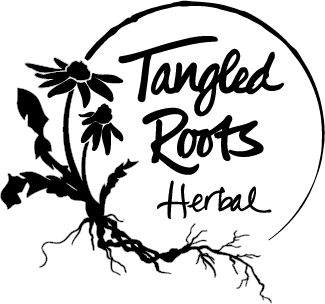As a spiritual person or healer, intuition is a big part of your practice and a part of your life.
And whether you’re new to using your intuition as a tool, rather than just the inkling that happens once in a while, or you’re a seasoned intuitive…we all like to believe that our intuition is 100% on.
Right?
I’ve been thinking about my previous blog posts regarding trust and intuition, and I want to get a little real….they sound really woo.
As if all you need to do is listen to your intuition each time you need to make a decision or have a choice to make. But…you’re not going to be right all of the time.
And it’s kind of irresponsible of me to advocate just using your gut instincts to make decisions or how to best solve problems.
Because you need more input than your gut.
I’m not as trained an intuitive as some of you but I’m also not a newbie.
Here’s the thing…as much as we want to believe in our intuitive abilities, and trust that our tuition is guiding us in the right direction, intuition isn’t 100%.
It’s not a guarantee.
But, there is a way to combine your skilled intuition with a "check and balance.“
Logic.
Logic is here to help us along not hinder our intuitive abilities.
Balancing your gut instincts with logic and facts is a delicate but necessary game. And, with practice this combo can actually be a solid foundation for decision making.
I like to think of logic as an ability to solve problems using a systematic approach.
There are external facts to consider, steps in the process to work through, and then a result to reach.
It takes time. you have to come up with your pros and cons, take the data and come to a conclusion.
Intuition, on the other hand, is based on an internal set of rules (kind of subjective ones at that!) that are honed through your personal experience.
Intuition tends to be quick and emotional.
So how do you know when to use intuition v. logic?
Because intuition tends to be emotional or instinctive, it might not be appropriate to buy something you want when you don’t have the capital to do so.
Or if someone is having an angry outbursts, they maybe not capable of logical reasoning at that time and rational decisions are not appropriate to make.
And truly, intuition cannot be relied upon when you’re in a situation where you’re not equipped with enough knowledge or experience to complete a task.
I might accurately tell someone they have a broken finger if it’s pointing in the wrong direction after a fall, but I am not experienced in medical procedures to know how to operate on it.
Does that mean it’s all woo??? No.
Here are some thoughts and tips to not only trust and build on your intuition but also add a little logic.
Example…
If you are an empath you are most likely intuitive but you also pick up energy from the world around you. Even podcast and TV or streaming shows.
So, let’s say you woke up and you had this feeling that you need to “be careful“ today and your intuition is heightened around be careful…
This is where our logic (and cognitive bias) comes into play.
If you watched a show or listened to a podcast where the theme was “you need to be careful of… What do you think your intuition is going to say?
This is where you get real nitty-gritty.
And where logic can help.
Go back and ask yourself why are you feeling this way today?
Does it have something to do with what you’ve listen to or watched? If you’re working with a client that has issues around being careful, did you pick up that energy (and maybe forgot to cleanse your own energy after.)
And after you’ve had a chance to sit an refelct, you may have discovered that “oh yeah this has been going on lately.”
See how intuition and logic combined helps you trust even more?
This is also where another tool can come in handy.
Take Human Design for example.
If your Authority is your Solar Plexus…it’s rooted in feeling rather than thinking. This is where you ask yourself, if whatever is going on makes you say “uh-huh“ or “uh uh”.
That is listening to your gut when your Authority is your Solar Plexus.
It’s a way of checking in with your intuition and with your logic.
Like anything, learning to trust your gut feelings takes time and practice, but knowing the difference between intuition and logic and making reasonable, sound decisions is a significant part of the equation!
~ Karen


